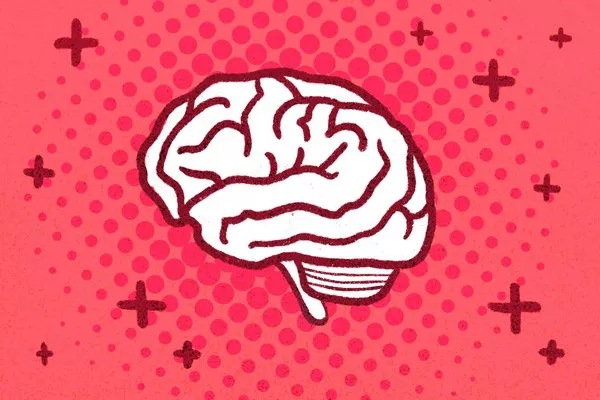A recent study by researchers at UCLA Health has found a link between a person’s risk of developing psychotic-like experiences and both their genetic makeup and childhood attention problems. The study, published in Nature Mental Health, builds on previous research that established a connection between childhood attention problems and the likelihood of developing schizophrenia later in life.
The UCLA researchers, led by Dr. Carrie Bearden, analyzed data from around 10,000 children over a six-year period to determine how attentional variability influenced the risk of broader psychotic-like symptoms as children grew into adolescence. The team looked at how the youths’ risk for psychotic-like experiences varied based on their attention span and genetic variants that may predispose them to different neuropsychiatric conditions.
The researchers found that a higher genetic risk for a broad set of neuropsychiatric and cognitive disorders was associated with greater severity of psychotic-like experiences and greater attention issues. Additionally, attention span variability partially acted as an intermediate between the relationships between genetic risk for neuropsychiatric disorders and the expression of psychotic-like symptoms. Attention span issues explained 4-16% of these associations.
Bearden, a professor at the UCLA Health Semel Institute and the UCLA Health Brain Research Institute, said that attention problems are some of the earliest precursors of psychosis. The findings help researchers to better understand the relationships from the genomic to behavioral levels during the critical stage of early adolescent development, which may lead to future molecular targets that could be targets for early intervention for psychosis.
The study used cognitive, brain, and genetic data from more than 10,000 participants in the ongoing Adolescent Brain and Cognitive Development (ABCD) study. The study, led by a national consortium of research institutes including UCLA Health, is examining brain development in nearly 12,000 youth starting at age 9 and followed over the next decade into their early adulthood.
Conclusion
While the majority of youth who experience psychotic-like symptoms will not go on to develop schizophrenia, these events do increase the likelihood for future psychotic disorders and mental illness. Continued evaluation of the study participants through time will be critical in helping to determine the most predictive factors of schizophrenia diagnosis and neuropsychiatric outcomes.
However, a limitation of using the polygenic scores currently available is that they mostly rely on genetic data from people with European ancestry, which limits the study’s applicability to people of non-European backgrounds. Advancements in genetic studies being carried out in other areas of the world will help to remedy these limitations.
Related Topics:
-
Aerobic Exercise Can Improve Cognitive Function In Women Undergoing Chemotherapy
-
Elite Ice Hockey Players With A History Of Concussion Experience Worsening Mental Health Symptoms
-
Yourgene Health Promotes Cystic Fibrosis Testing And IVDR Compliance


